Introduction
Oral care is an essential component of your baby’s overall health. Many parents wonder when to start taking care of their baby’s gums and teeth. The answer may surprise you—oral care should begin long before your baby’s first tooth appears. Developing good habits early helps prevent cavities and keeps your baby’s mouth healthy.
In this guide, we’ll cover when and how to start oral care for your baby, what tools to use, and how to ensure their gums and teeth stay healthy. Let’s dive into the basics of baby oral care.
Why Is oral care important for babies?
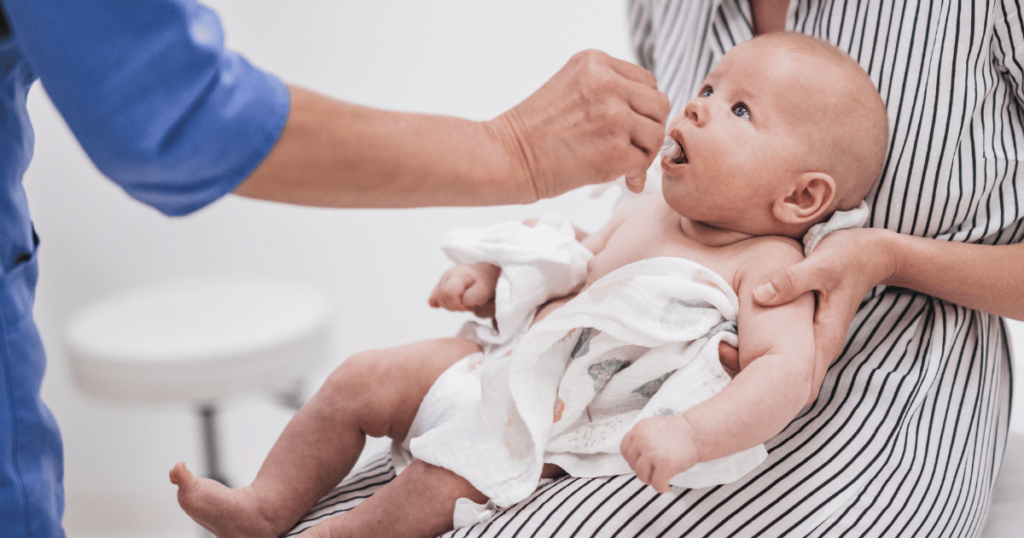
Baby oral care is not just about teeth—it’s about the entire mouth. Gums, tongue, and eventually teeth need attention to prevent infections, gum disease, and cavities. Proper oral hygiene ensures that when your baby’s teeth do come in, they are strong and healthy.
Neglecting oral care can lead to early childhood tooth decay, which can cause pain and may lead to dental problems in the future.
When to start oral care for your baby?

You should start caring for your baby’s oral health soon after birth. Yes, even before the teeth appear! Gums also need cleaning to keep the mouth bacteria-free. Here’s a simple timeline to follow:
- Before Teeth Appear (0-6 Months)
Start cleaning your baby’s gums from birth. Use a soft, damp washcloth or a piece of gauze to wipe the gums twice a day—once in the morning and once before bed. This helps remove bacteria and keeps the gums healthy. - When the First Tooth Appears (6-12 Months)
As soon as the first tooth breaks through, usually around 6 months, it’s time to introduce a soft baby toothbrush. Brush your baby’s tooth twice a day using a tiny smear of fluoride toothpaste (about the size of a grain of rice). - After More Teeth Come In (12+ Months)
Continue brushing twice a day as more teeth appear. Around this time, you can also begin introducing fluoride toothpaste in slightly larger amounts (about the size of a pea).
How to clean your baby’s gums?
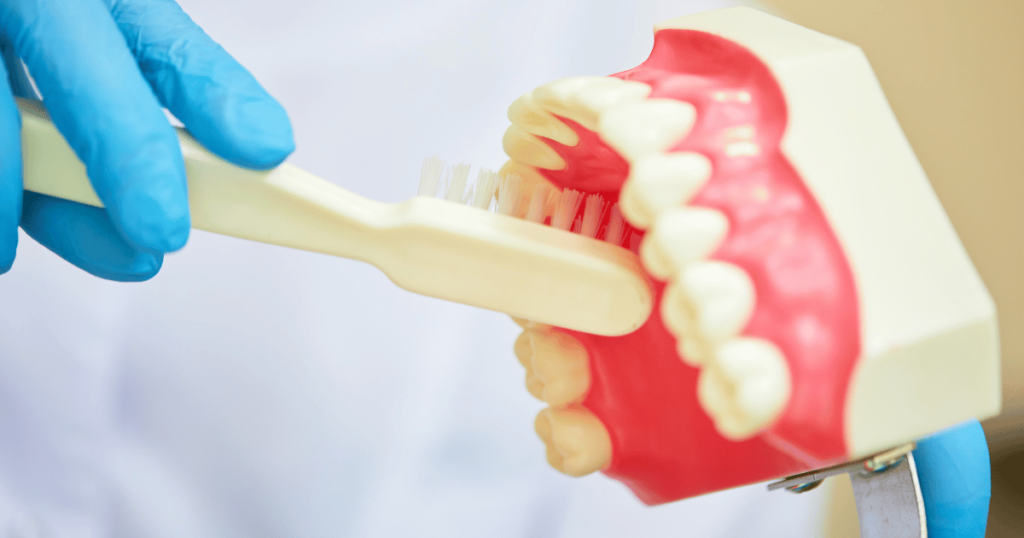
Even without teeth, bacteria can build up on your baby’s gums. Here’s how you can clean their gums safely:
- Step 1: Wash your hands thoroughly.
- Step 2: Use a clean, damp washcloth or gauze.
- Step 3: Gently wipe your baby’s gums and tongue.
This routine helps remove bacteria and prepares your baby for future brushing.
Brushing Your Baby’s First Teeth
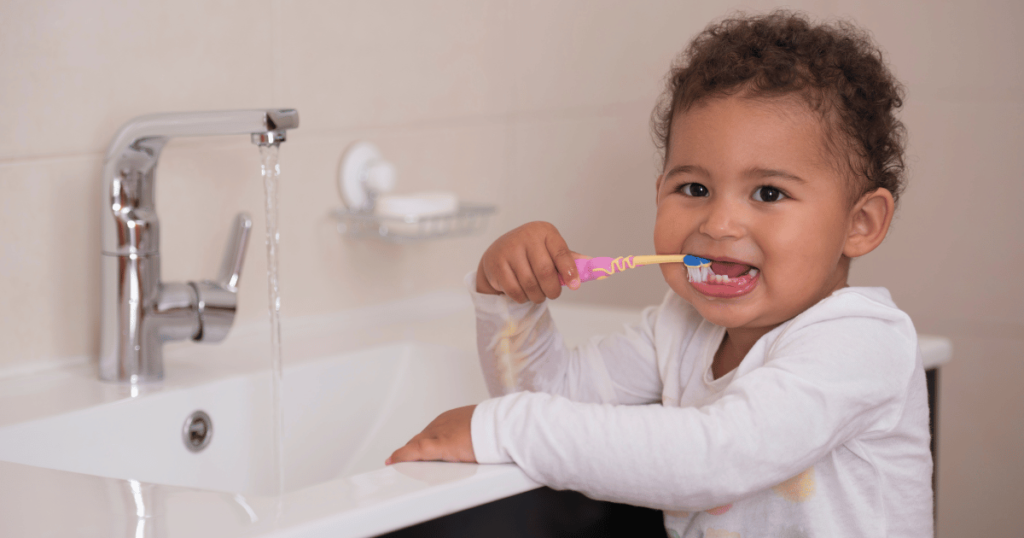
When your baby’s first teeth come in, typically between 6 and 12 months, it’s time to start using a baby toothbrush. Here’s how to do it:
- Choose the Right Toothbrush
Use a small, soft-bristled toothbrush made for infants. The toothbrush should have a small head to fit comfortably in your baby’s mouth. A silicone toothbrush is a great option for babies who are teething. - Use Fluoride Toothpaste
For babies younger than 3 years, use a tiny smear (about the size of a grain of rice) of fluoride toothpaste. Fluoride helps strengthen the enamel and prevent cavities. If you’re unsure, consult your pediatrician for the best toothpaste recommendation. - Brush Gently
Brush twice a day using gentle, circular motions. Focus on both the teeth and the gumline. Make brushing a fun activity by singing or playing with your baby to help them enjoy the experience.
Preventing Baby Bottle Tooth Decay

Baby bottle tooth decay, or early childhood caries, happens when a baby’s teeth are exposed to sugary liquids for long periods. This often occurs when babies sleep with a bottle of milk, formula, or juice. Here’s how to prevent it:
- Avoid Sugary Drinks
Avoid giving your baby sugary drinks, especially in a bottle. Milk and formula are fine for feeding but try not to let your baby fall asleep with a bottle. - Transition to a Cup
Around 12 months, start transitioning your baby from a bottle to a cup. This reduces the risk of prolonged exposure to sugars, which can cause cavities. - Clean Teeth After Feeding
Always clean your baby’s teeth or gums after feeding, especially before bed.
Common Questions About Oral Care Problems
Here are some questions that many parents ask about caring for their baby’s oral health:
When Should Babies Visit the Dentist?
Experts recommend that babies see a dentist by their first birthday or within 6 months of their first tooth appearing. A dentist can help check for any dental problems and provide guidance on proper oral care. Regular dental checkups ensure that your baby’s teeth are growing properly and stay cavity-free.
When should I take my baby to the dentist for the first time?
Your baby should see a dentist by their first birthday or within 6 months of their first tooth. Early visits ensure healthy teeth development.
Do I need to clean my baby’s gums even if they don’t have teeth?
Yes, cleaning the gums is essential to prevent bacteria from building up and preparing your baby for the habit of brushing once teeth appear.
Do I need to clean my baby’s mouth if they don’t have teeth?
Yes, cleaning your baby’s gums is important to remove bacteria and prepare them for future brushing.
When should I begin using toothpaste for my baby?
Start using fluoride toothpaste as soon as the first tooth appears, using a small smear about the size of a grain of rice.
Can babies get cavities?
Yes, babies can get cavities, especially if they are exposed to sugary liquids for extended periods. Regular brushing and dental checkups can help prevent them.
Is baby oral care important?
Yes, baby oral care is important even before teeth emerge. Gently cleaning a baby’s gums and, later, their teeth helps prevent infections, cavities, and sets the foundation for healthy oral hygiene habits.
Why is antenatal care important for both a mother and a baby?
Antenatal care is crucial for monitoring the health of both the mother and baby during pregnancy. It helps detect and manage potential complications, ensures proper nutrition, and provides guidance for a healthy pregnancy and safe delivery.
When does a baby learn to sit?
Babies typically begin to sit with support around 4 to 6 months, and many can sit independently by 7 to 9 months as their muscles and coordination develop.
Which is the best baby care site?
Some of the best baby care sites include BabyCenter and What to Expect for expert advice, resources, and community support on baby care, parenting, and pregnancy.
How can I care for my child’s oral health?
To care for your child’s oral health, gently clean their gums with a soft, damp cloth before teeth come in. Once teeth emerge, use a small toothbrush with water or a tiny amount of fluoride toothpaste, and establish a routine of brushing twice daily. Regular dentist visits starting at age one are also recommended
Which is the best baby care brand?
Popular baby care brands known for safety and quality include Johnson’s Baby, Aveeno Baby, and Mustela, all of which offer gentle products that are widely trusted for baby skin and health.
When should I start cleaning my baby’s gums?
You can start cleaning your baby’s gums soon after birth by gently wiping them with a soft, damp cloth after feedings to prevent bacteria buildup.
When should I start brushing my baby’s teeth?
Begin brushing your baby’s teeth as soon as the first tooth appears, using a soft-bristled baby toothbrush and a tiny smear of fluoride toothpaste.
When should I take my baby to the dentist?
It’s recommended to take your baby to the dentist by their first birthday or within six months of their first tooth emerging to ensure proper oral health.
How often should I brush my baby’s teeth?
Brush your baby’s teeth twice a day—once in the morning and once before bedtime—to maintain good oral hygiene and prevent early tooth decay.
Is fluoride toothpaste safe for babies?
Yes, fluoride toothpaste is safe for babies, but use only a small smear (the size of a grain of rice) to protect their teeth and prevent ingestion of too much fluoride.
Tips for Maintaining Your Baby’s Oral Hygiene

Here are some simple tips to ensure your baby’s oral health remains in top condition:
- Avoid Pacifiers Dipped in Sugar
Avoid dipping pacifiers in sugary substances like honey or juice. This can lead to tooth decay. - Encourage a Healthy Diet
Once your baby starts eating solid foods, provide healthy snacks like fruits and vegetables. Avoid sugary snacks and drinks. - Model Good Oral Care Habits
Let your baby see you brush your teeth. Babies learn by watching, and they are more likely to enjoy brushing if they see you doing it too.
Conclusion
Starting oral care for your baby early is the key to ensuring a lifetime of healthy smiles. By cleaning your baby’s gums, brushing their teeth once they appear, and visiting the dentist early, you can help your baby avoid cavities and other dental problems.
Remember, good oral hygiene habits start in infancy. Even if your baby doesn’t have teeth yet, cleaning their gums and using a soft toothbrush when teeth appear can make a big difference.
By developing these healthy habits, you’ll be giving your baby a strong foundation for oral health that will last them a lifetime.
Other References
- American Academy of Pediatrics (AAP)
- What to Expect – March of Dimes
- KidsHealth from Nemours
- American Dental Association (ADA)
- WebMD
- What to Expect
- BabyCenter
- Verywell Family
- The Spruce
- Healthy Children
- American Academy of Pediatrics (AAP)
- What to Expect – March of Dimes
- KidsHealth from Nemours
- American Dental Association (ADA)
- WebMD
- What to Expect
- BabyCenter
- Verywell Family
- The Spruce
- Healthy Children
More to Read
- How to bathe a newborn baby in 13 steps: The comprehensive guide
- Getting the temperature just Right: A guide to baby bath water
- Bath Time: How often should you wash your little one
- Baby Bathtubs: The Best 5 Ways to Store Baby Bathtubs in 2024
- 4 Steps to Choose a Collapsible Baby Bathtub in 2024
- The Best 5 Baby Bathtubs for Small Space in 2024
- The Best 5 Inflatable Baby Bathtubs In 2024

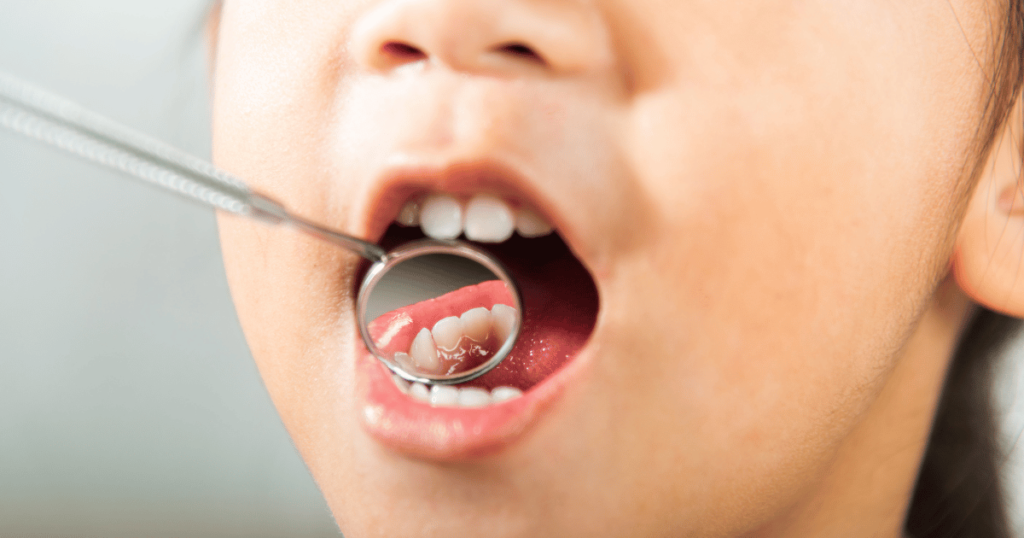
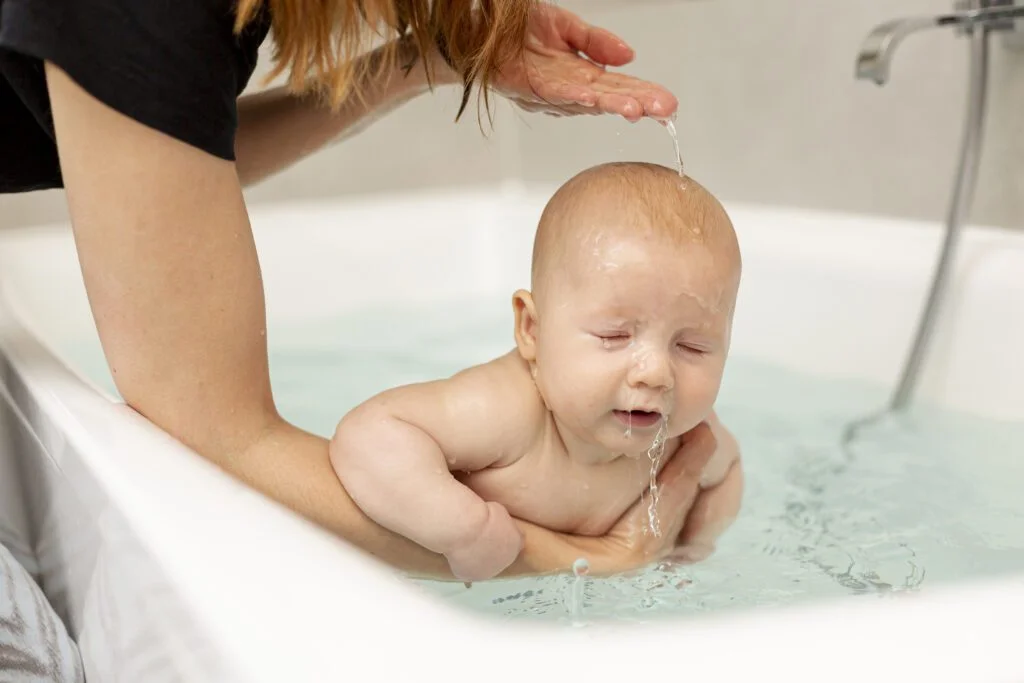

I don’t know whether it’s just me or if everyone else experiencing issues with
your blog. It appears like some of the written text within your content are running off the
screen. Can someone else please provide feedback and let
me know if this is happening to them as well? This
might be a issue with my browser because I’ve had this happen previously.
Thanks!